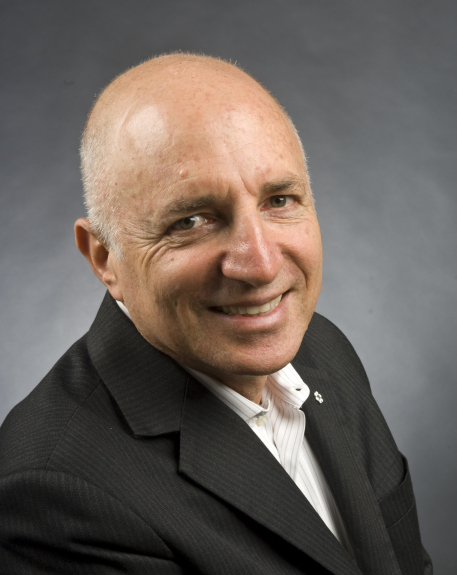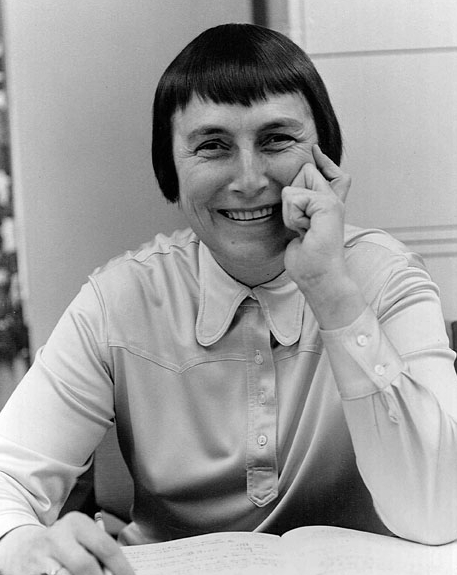2023 INDUCTEE Nahum Sonenberg, PhD Cells, Genetics & Genomics, Cancer, Infectious Disease, Allergy & Immunity
December 29, 1946
(Wetzlar, Germany)
PhD, Weizmann Institute of Science, Department of Biochemistry (1976)
Postdoctoral Fellow, Roche Institute of Molecular Biology (1979)
2024: Doctor of Science Honorary Degree, University of Lethbridge
2022: Honorary Doctorate, Ben-Gurion University of the Negev, Israel
See All AwardsAwards & Honours:
2024: Doctor of Science Honorary Degree, University of Lethbridge
2022: Honorary Doctorate, Ben-Gurion University of the Negev, Israel
2020: Honorary Doctorate, Institut national de la recherche scientifique
2012 – 2017: Senior International Research Scholar Award, Howard Hughes Medical Institute
2018: Prix du Québec, prix Wilder-Penfield – Recherche biomédicale, Government of Quebec
2016: Leadership Impact Award, Rosalind & Goodman Cancer Research Centre
2016: Honorary Doctorate, Université Laval
2015/2016: Distinguished Investigator, The Mental Health Research Association, National Alliance for Research on Schizophrenia & Depression
2015: International Member of the National Academy of Medicine
2015:Canadian Cancer Research Alliance Award for Outstanding Achievements in Cancer Research
2014: Wolf Prize in Medicine, Wolf Foundation
2013: Associate Member, European Molecular Biology Organization
2013: McLaughlin Medal, The Royal Society of Canada
2013: Queen Elizabeth II Diamond Jubilee Medal
2012: Fellow of the American Association for the Advancement of Science
2012: The Lewis S. Rosenstiel Award for Distinguished Work in Basic Medical Science, Brandeis University
2011: The Centenary Award, Biochemical Society (UK)
1997-2011: International Research Scholar Award, Howard Hughes Medical Institute
2010: Officer of the Order of Canada
2009: RiboClub Lifetime Achievement Award
2009: Health Researcher of the Year Award in Biomedical and Clinical Research, CIHR
2008: Gairdner Foundation International Award
2007: Roche Diagnostics Award, Canadian Society of Biochemistry, Molecular & Cell Biology
2007: Katharine Berkan Judd Award, Memorial Sloan-Kettering Cancer Center
2006: Fellow of The Royal Society of London (UK)
2006: Foreign Honorary Member of the American Academy of Arts and Sciences
2001-2006: Senior Investigator Award, Canadian Institutes of Health Research
2005: Killam Prize for Health Sciences
2005: McGill Delegate for the Canada-Israel Academic Mission
2002: Robert L. Noble Prize, National Cancer Institute of Canada
2002: James McGill Professor Award, McGill University
1996 - 2002: Medical Research Council (Canada) Distinguished Scientist Award
1992: Fellow of The Royal Society of Canada, Academy of Science
1986 -1991: Medical Research Council (Canada) Scientist Award
1985-1986: Medical Research Council of Canada Retraining Award (Sabbatical leave)
1982-1985: Terry Fox Cancer Research Scientist Award
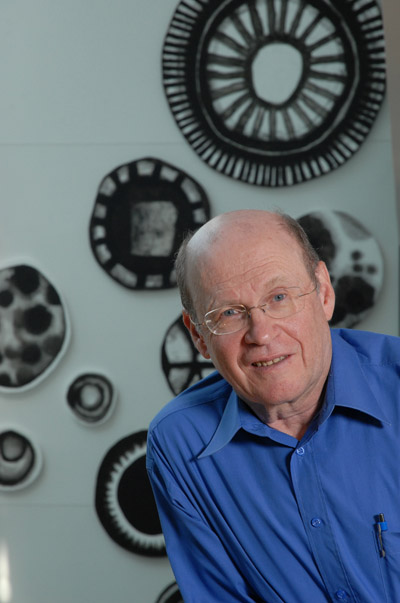
A celebrated scientist of world reputation, Dr. Sonenberg has helped realize the health enhancing potential of biochemistry and molecular biology research.
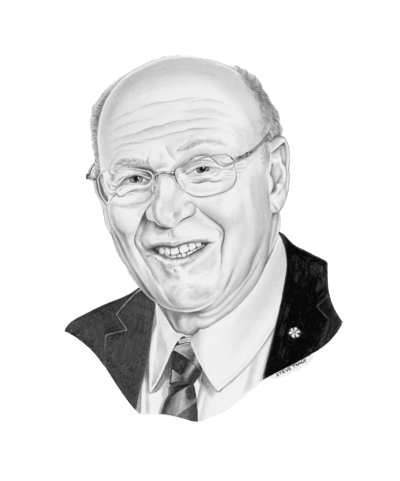
One of Canada’s preeminent biomedical scientists, Dr. Sonenberg, has advanced our understanding of viruses, cancer growth and development, memory and cognition, synaptic plasticity, spatial learning, and autism spectrum disorders. The common element in this diversity is Dr. Sonenberg’s insight into the mechanisms of deciphering genetic information to produce proteins, a process known as messenger RNA translation. Dr. Sonenberg’s discovery of eIF4E, the protein that binds mRNA and recruits it to the ribosome to commence translation was a landmark event helping unravel the mechanisms controlling the rate of protein synthesis, the foundation of the modern field of translational control. From Dr. Sonenberg’s insights into genetic functioning, new drug compounds and therapies continue to be developed.
Key Facts
Discovery of eIF4E (eukaryotic initiation factor 4E), the protein which recognizes the messenger RNA cap structure and the recruits the ribosome to synthesize proteins.
Discovery of cap-structure and eIF4E-independent mRNA translation via IRES (Internal Ribosome Binding Site) on poliovirus mRNA. Other viral mRNAs, such as Hepatitis C Virus and cellular mRNAs under stress conditions employ a similar mechanism.
Discovery that eIF4E is an oncogene.
Discovery that the mechanistic Target of Rapamycin (mTOR) promote cell proliferation via eIF4E.
Discovery that eIF4E activity plays a key role in Fragile X Syndrome mouse model and that the disease can be treated with a safe anti-diabetes drug, metformin.
Authored more than 800 original articles, book chapters, and reviews.
Fun Fact: Losing every match against them doesn’t change the tremendous joy Nahum gets from playing ping pong with his grandchildren.
Professional timeline
Impact on lives today
Basic research in genetics continues to yield promising health enhancing applications in the treatment of neurodevelopmental and neurodegenerative diseases, such as Fragile X Syndrome and ALS, as well as diabetes and cancer. Dr. Sonenberg’s ground breaking work in deciphering mechanisms of translational control, processes governing the rate of protein synthesis, provides the rationale for developing new drugs now in clinical trials. Dr. Sonenberg’s discoveries advance our understanding of the mRNA translation function of IRES (Internal Ribosome Binding Site), which remains instrumental in developing the next generation of mRNA vaccines.
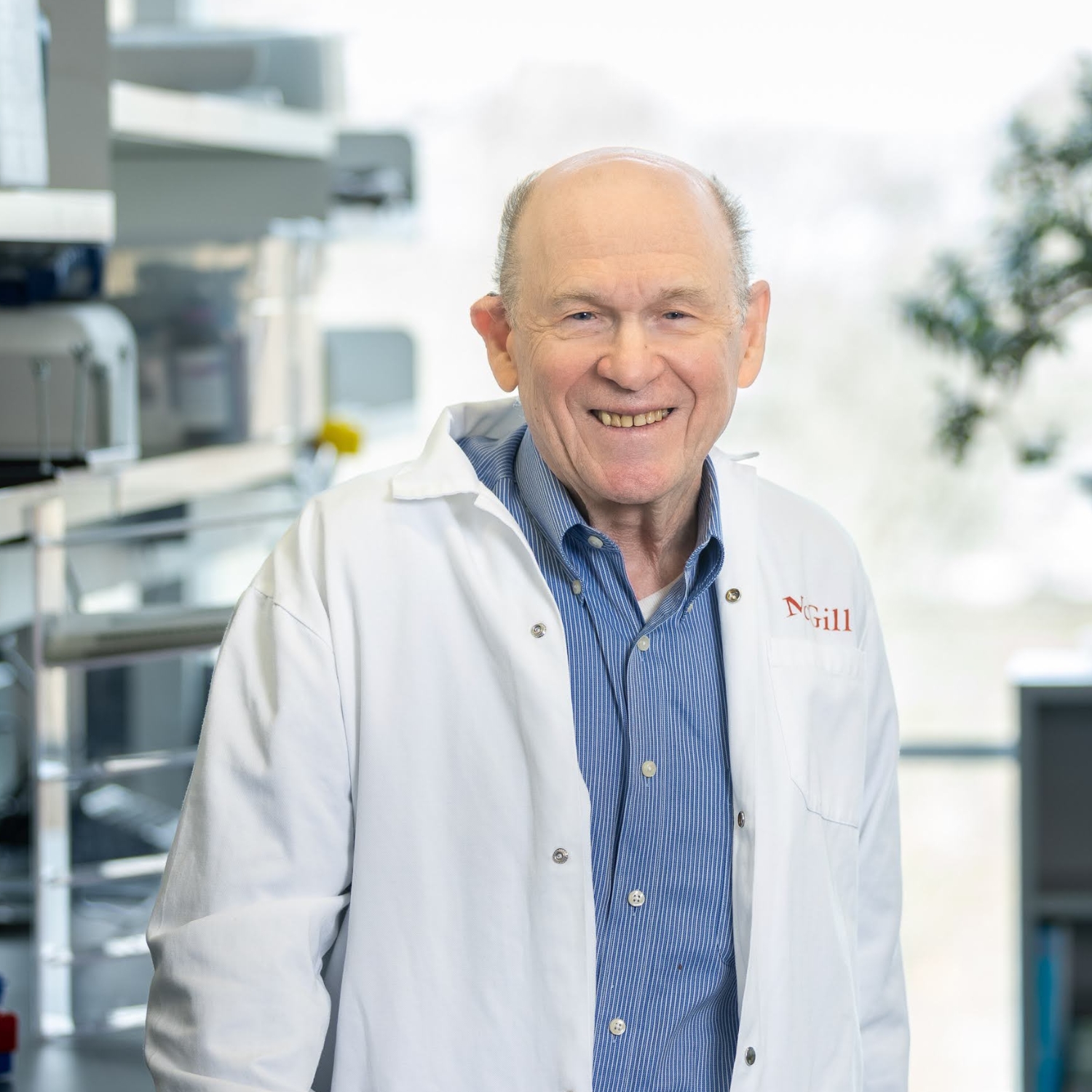
2025
-

Nahum Sonenberg inducted into the Canadian Medical Hall of Fame
Halifax, Nova Scotia
-

Named Gilman Cheney Chair in the Department of Biochemistry and the Rosalind and Morris Goodman Cancer Institute of McGill University
-
Named James McGill Professor
Health and Medical Education & TrainingThis award recognizes a Nahum Sonenberg as an outstanding and original researcher of world-class caliber and an international leader in his field
-
Named Fellow of the Royal Society of Canada
-
Nahum Sonenberg, PhD, led the first study to show that control of mRNA translation plays a role in oncogenesis, as demonstrated by increasing elF4E levels
Cancer, Science and Research -
Joins McGill university as an Assistant Professor at the Department of Biochemistry, McGill University
Health and Medical Education & Training -
Joins Aaron Shatkin as a post-doctoral fellow sponsored by a Chaim Weizmann fellowship to study the mRNA cap structure.
-

Nahum Sonenberg started his scientific career as a PhD at the Weizmann Institute of Science in Israel investigating ribosomes and mRNA translation
Science and Research
1972
What attracted me to the field was that the nature of proteins and everything that follows—our behaviour, our wellbeing, everything—is dictated by genes

